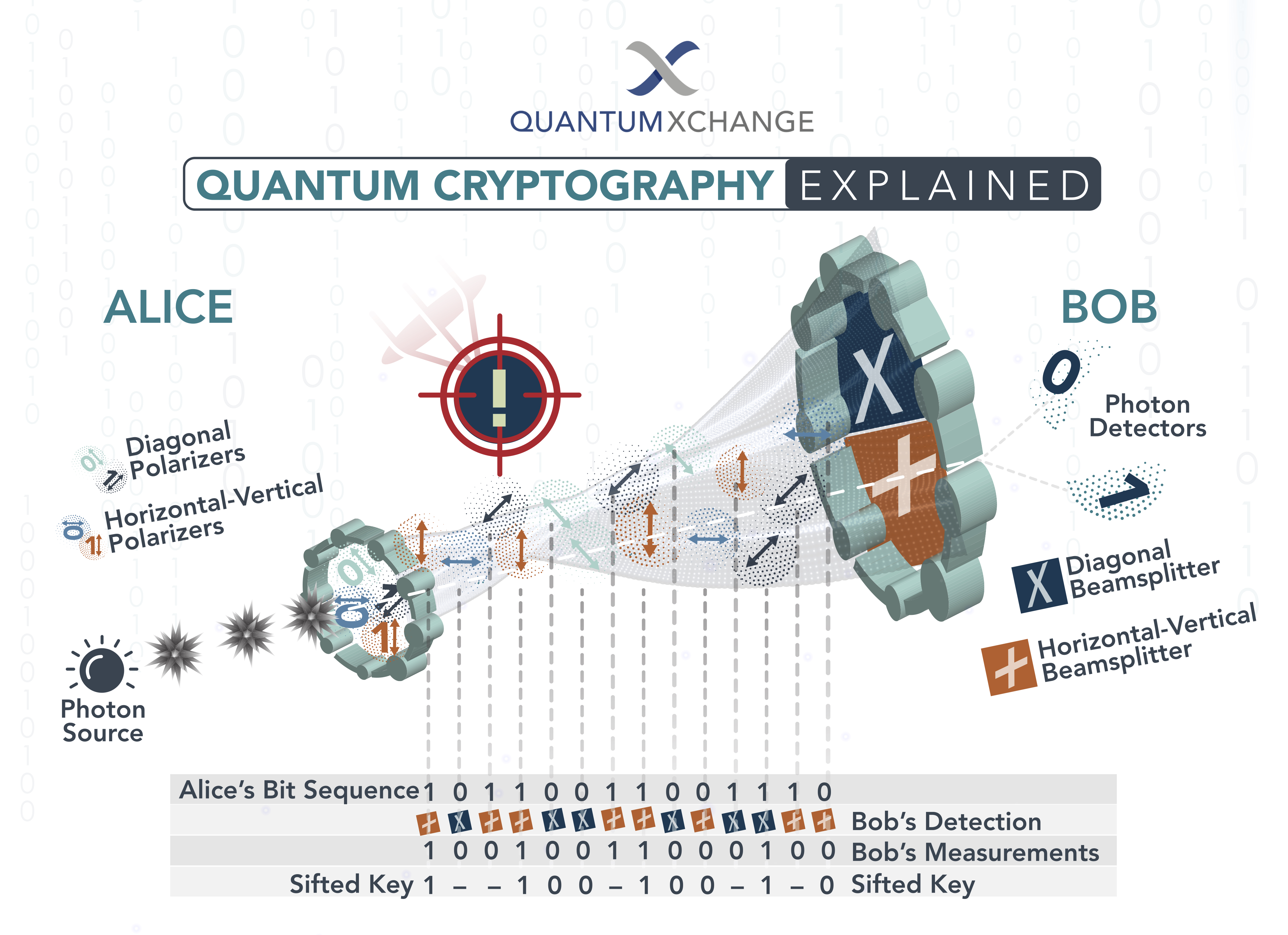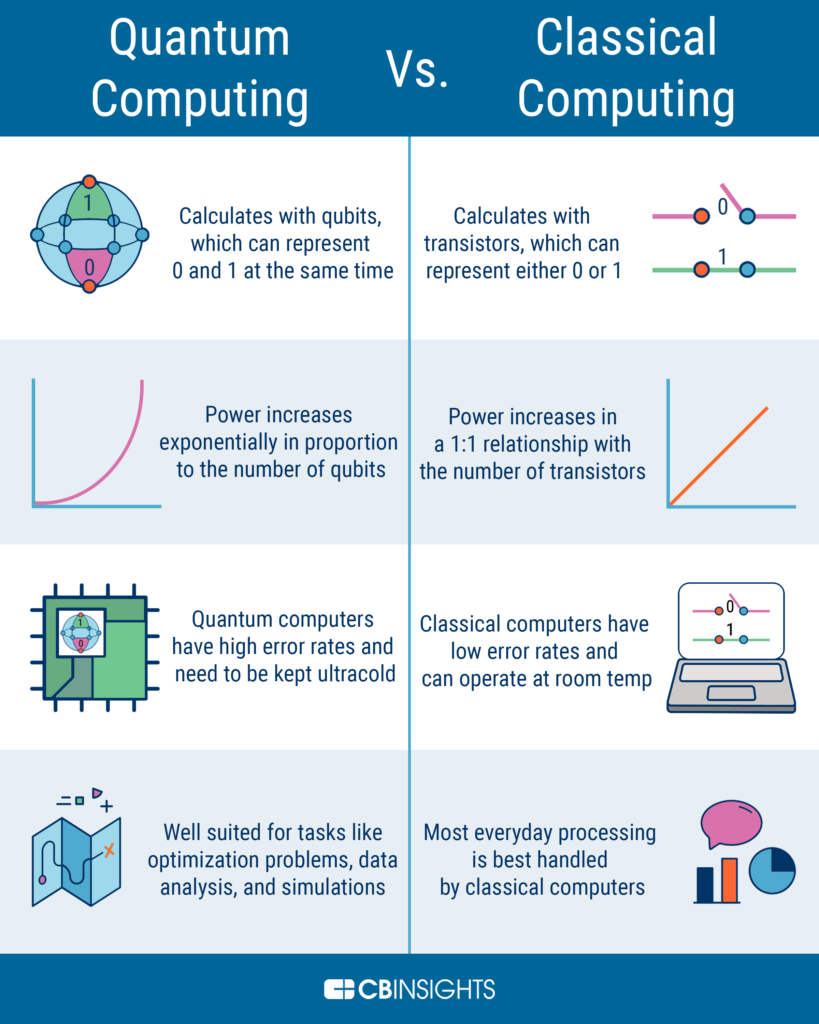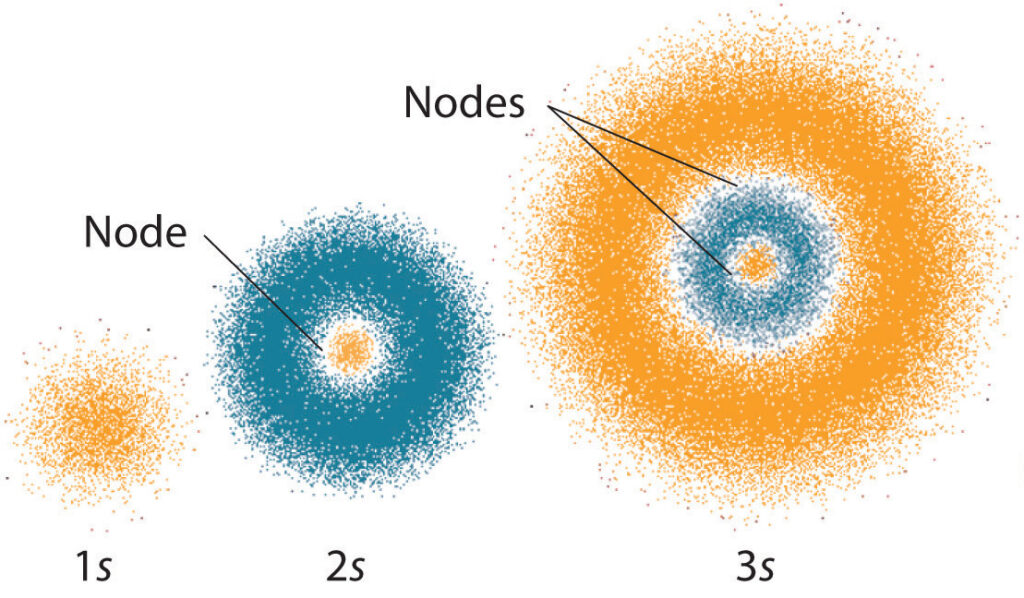As technology continues to advance, so do the methods and tools used to secure and protect sensitive data. Cryptography, the practice of creating codes and ciphers to protect information from unauthorized access, has been a vital aspect of data security for centuries. However, with the development of quantum computing, there is growing concern that cryptography may no longer be enough to keep sensitive information safe.
Quantum computers are a new type of computing technology that use quantum bits, or qubits, to perform complex calculations at a much faster rate than traditional computers. While this technology has the potential to revolutionize many industries, it also poses a threat to the security of encrypted data. In this article, we will explore the question of whether or not quantum computers have the ability to break cryptography and the potential implications of this for the security of our most sensitive data.
Yes, it is possible for a quantum computer to break certain types of cryptography. Quantum computers are much faster than traditional computers and can process a much larger number of calculations at once. This makes them capable of attacking cryptographic algorithms that would be secure against a regular computer. However, there are some types of cryptography that are secure against quantum computing.

Can Quantum Computers Break Cryptography?
Quantum computers are a new breed of computers that have the potential to break virtually any code, which has made them a hot topic of conversation in the technology and cryptography space. Quantum computers use quantum bits or qubits, which can be in multiple states at the same time, allowing them to process information much faster than traditional computers. This has raised the question of whether quantum computers can break the cryptography used to protect sensitive data and communications.
What is Cryptography?
Cryptography is the practice of encoding information to protect it from unauthorized access. It is used to protect data in transit, as well as stored data. Cryptography relies on algorithms and keys to encrypt and decrypt data. The strength of the encryption depends on the strength of the algorithm used and the length of the key.
Cryptography is used in a variety of applications, from protecting passwords to securing communications between government agencies. It is an essential security measure used to protect sensitive information from being accessed by unauthorized personnel.
How Quantum Computing Impacts Cryptography
Quantum computers are capable of performing calculations much faster than traditional computers, which could potentially make them powerful tools for breaking encryption. Quantum computers can use a process called quantum factorization to quickly break codes that would take a traditional computer millions of years to crack.
The implications of this are far-reaching as it could potentially make all existing cryptography vulnerable to attack. This could have serious consequences for everything from online banking to military communications.
To protect against this risk, governments and organizations are beginning to take steps to strengthen their cryptography. This includes using longer and more complex keys, as well as developing new algorithms and protocols that are designed to be resistant to quantum computing.
The Future of Quantum Computing and Cryptography
The development of quantum computing has sparked a debate about the future of cryptography. While quantum computing could potentially be used to break existing codes, it could also be used to create stronger and more secure cryptography.
Researchers are already beginning to develop quantum-resistant algorithms and protocols that are designed to take advantage of the unique properties of quantum computing. These algorithms could potentially be used to create stronger encryption that is much more difficult to break.
Ultimately, the development of quantum computing and cryptography is a rapidly evolving field, and it is impossible to predict the outcome. However, it is clear that the future of cryptography will be heavily influenced by the development of quantum computers.
Frequently Asked Questions about Quantum Computers and Cryptography
Quantum computing has the potential to revolutionize the world of cryptography and computer security. In this FAQ, we explore the implications of quantum computing in the realm of cryptography and computer security.
Can quantum computers break cryptography?
Yes, quantum computers can have a significant impact on cryptography. The speed and accuracy of quantum computers make it possible to break many of the traditional encryption methods used today. For example, quantum computers can quickly crack RSA and elliptic curve cryptography, both of which are commonly used in secure communication. Quantum computers can also break symmetric key encryption, which is used in a variety of applications, including data encryption and secure web traffic.
However, this does not mean that all cryptography is at risk of being broken by quantum computers. Some encryption algorithms, such as post-quantum cryptography, are specifically designed to be secure against quantum computers. Additionally, quantum cryptography can be used to create secure communication channels that are resistant to attack by quantum computers. These methods are still relatively new and are not yet widely used, but they offer a promising approach for protecting data in the face of quantum computing.

In conclusion, the development of quantum computing technology has raised significant concerns about the future of cryptography. While conventional computers rely on binary digits, quantum computers use quantum bits or qubits, which can exist in multiple states simultaneously. This unique characteristic of qubits makes quantum computers significantly faster and more powerful than traditional computers, and can potentially break current encryption methods. Despite this, experts in the field are tirelessly working to develop new cryptographic techniques that are quantum-resistant, such as post-quantum cryptography.
While the threat of quantum computers breaking cryptography is a cause for concern, it is important to remember that quantum computers are still in their early stages of development. It may take years, if not decades, before quantum computers become powerful enough to break current encryption methods. Therefore, it is imperative to keep a close eye on the advancements in quantum computing technology and continue to research new cryptographic methods to ensure the security of our data and information.



